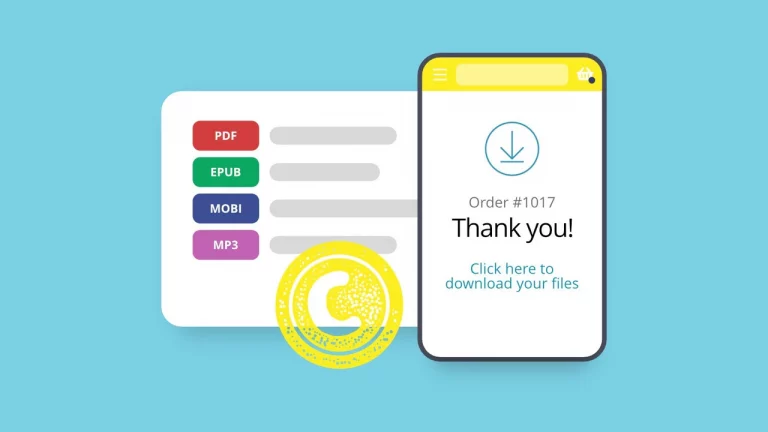
Gerenciar as finanças pessoais é uma tarefa essencial para alcançar estabilidade e independência financeira. De fato, Com a evolução da tecnologia, surgiram inúmeras ferramentas digitais projetadas para simplificar esse processo.
Os aplicativos de finanças pessoais se tornaram aliados poderosos na gestão do dinheiro, oferecendo uma variedade de recursos que vão desde o acompanhamento de gasto. Todavia, Neste artigo, exploraremos seis aplicativos populares que exercem essa função.
Um dos maiores desafios ao lidar com as finanças é acompanhar e categorizar os gastos. Todavia, Aplicativos como o “Expense Manager” simplificam esse processo, permitindo que os usuários registrem suas despesas de forma rápida e intuitiva.
Com recursos de análise detalhada, os aplicativos de finanças pessoais oferecem uma vantagem significativa na identificação de padrões de gastos. Ao registrar cada transação e categorizá-la adequadamente, essas ferramentas permitem uma visão abrangente dos hábitos financeiros.
O controle efetivo do orçamento é fundamental para manter as finanças em ordem. Contudo, Aplicativos como o “YNAB” (You Need a Budget) oferecem ferramentas abrangentes para criar orçamentos personalizados e acompanhar o progresso financeiro ao longo do tempo.
Com recursos de sincronização bancária, os aplicativos de finanças pessoais oferecem uma integração valiosa com as contas bancárias dos usuários, tpdavia, permitindo que eles acompanhem suas finanças de forma abrangente e em tempo real.
Para aqueles que desejam investir seu dinheiro de forma inteligente, aplicativos como o “Robinhood” oferecem uma plataforma acessível e fácil de usar. Com opções de investimento em ações, criptomoedas e fundos negociados em bolsa (ETFs), os usuários podem diversificar.
A diversificação é um dos princípios fundamentais do investimento inteligente, e o Robinhood e outros aplicativos semelhantes permitem que os investidores diversifiquem seus portfólios facilmente, investindo em diferentes tipos de ativos. Isso pode ajudar a reduzir o risco.
Aplicativos de economia e cashback, como o “Rakuten” e o “Ibotta”, oferecem aos usuários uma oportunidade única de economizar dinheiro e ganhar recompensas em suas compras do dia a dia. Essas recompensas podem variar de uma porcentagem do valor da compra a uma quantia.
Ao vincular cartões de crédito ou fazer compras por meio de links específicos, os usuários podem acumular recompensas que são resgatadas em dinheiro ou vouchers. Essas recompensas podem variar de uma porcentagem do valor da compra a uma quantia fixa em dinheiro.
Entender conceitos financeiros é essencial para uma gestão eficaz do dinheiro. Aplicativos como o “Nubank” oferecem recursos educacionais integrados, contudo, incluindo artigos, vídeos e cursos online, para ajudar os usuários a aumentar sua literacia financeira.
Com acesso a informações claras e acessíveis, os usuários podem tomar decisões mais informadas sobre suas finanças pessoais. Os aplicativos de finanças pessoais desempenham um papel crucial ao fornecer aos usuários uma visão abrangente de sua situação financeira.
Manter um bom histórico de crédito é crucial para obter empréstimos e financiamentos favoráveis. Aplicativos como o “Credit Karma” permitem que os usuários monitorem sua pontuação de crédito e recebam alertas sobre qualquer atividade suspeita em seus relatórios de crédito.
Com informações em tempo real e dicas personalizadas, os usuários podem proteger sua saúde financeira a longo prazo. Todavia, Os aplicativos de finanças pessoais fornecem atualizações contínuas sobre o estado das finanças dos usuários, permitindo que eles estejam cientes.
Em um mundo cada vez mais digitalizado, os aplicativos de finanças pessoais se tornaram ferramentas indispensáveis para aqueles que buscam melhorar sua saúde financeira. Todavia, Ao oferecer uma variedade de recursos e funcionalidades, essas plataformas capacitam os usuários.
Portanto, ao escolher um aplicativo de finanças pessoais, é essencial considerar suas necessidades individuais e encontrar a solução que melhor se adapte ao seu estilo de vida e metas financeiras. Com o apoio dessas ferramentas, o caminho para a estabilidade financeira.